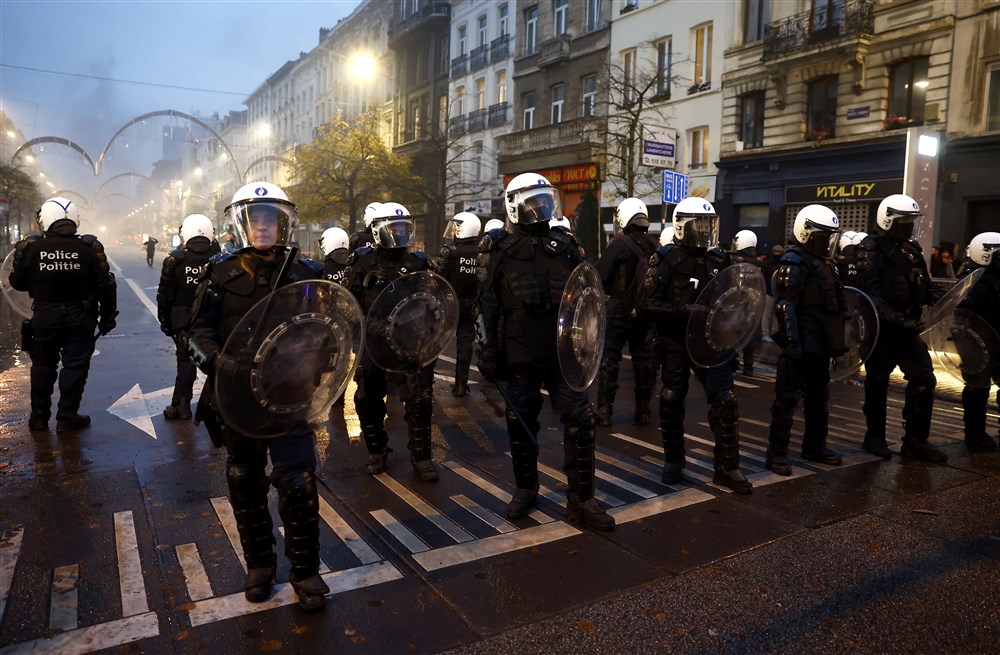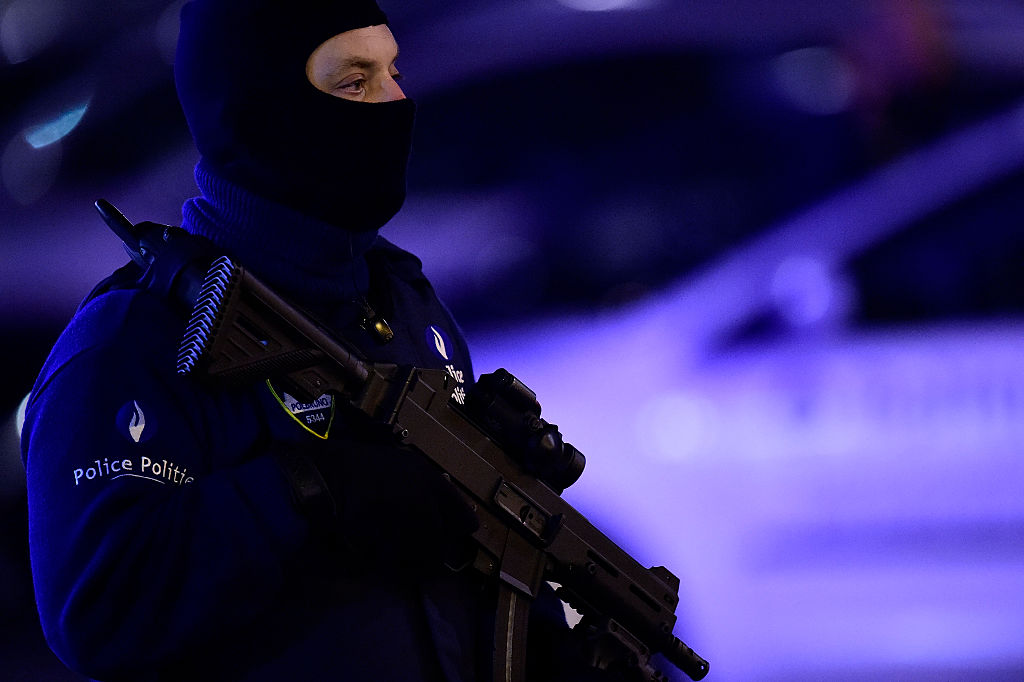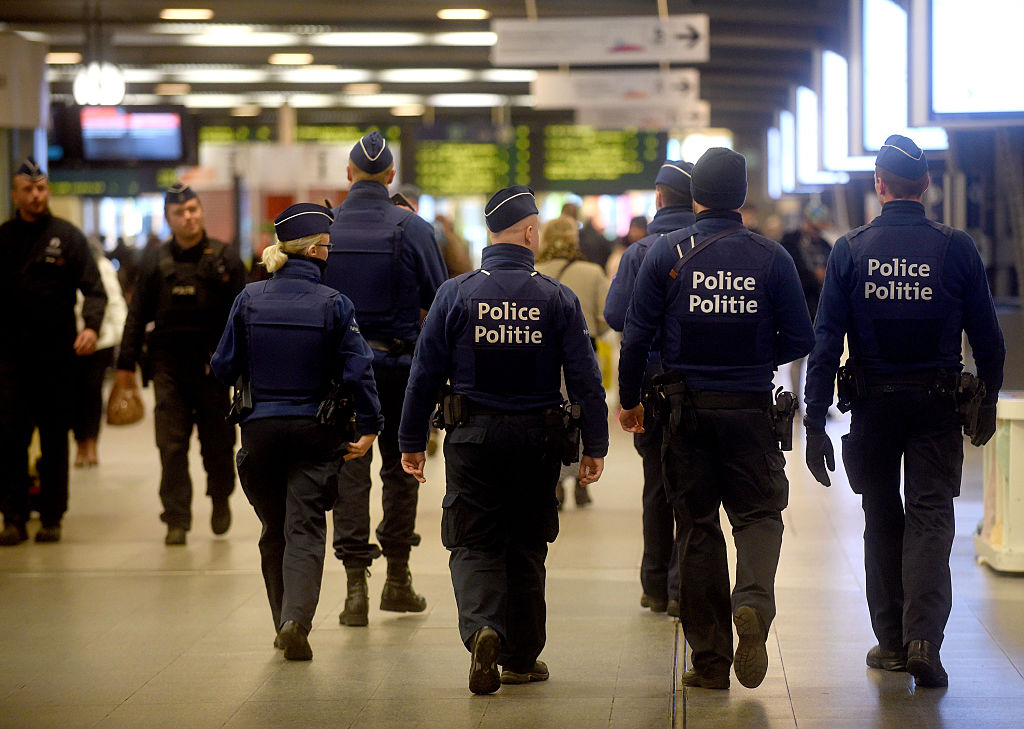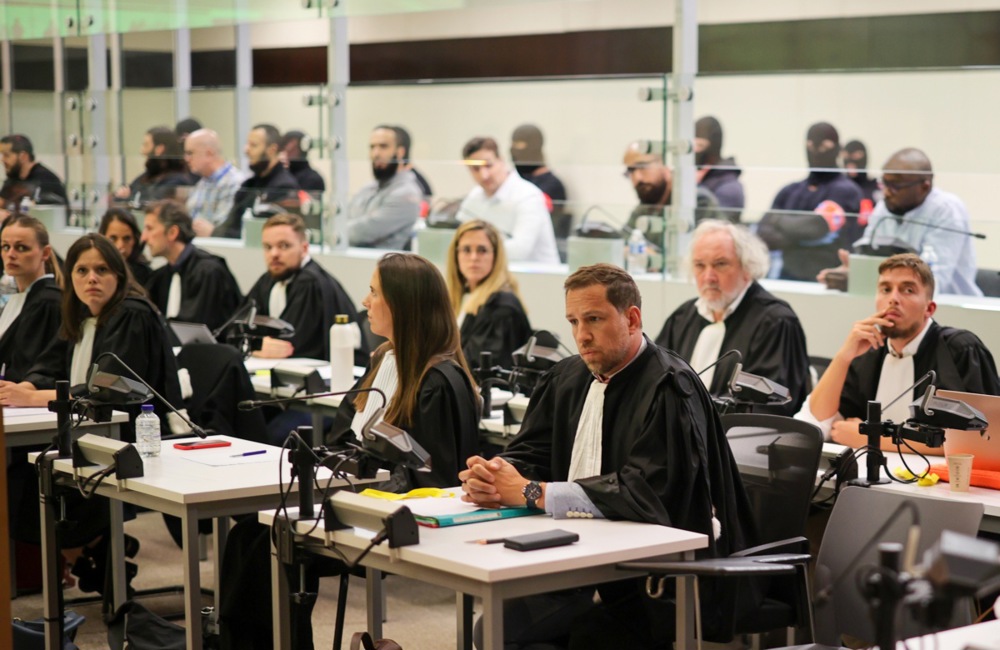Drug violence is overtaking the Belgian capital, and police admit they are powerless to stop it.
In a report in Belgian news outlet Le Soir, senior police admitted violent crime in Brussels is now rampant: severed fingers, abductions, torture with irons, injury-ravaged bodies and people left for dead after the settling of drugs scores.
One police source emphasised the need for immediate action as the situation had “reached a point of no return”.
According to a local detective, the escalating drug violence resembles a movie playing out almost daily. Criminals are settling grievances with firearms, including war weapons such as Kalashnikovs and M-16s, sometimes in broad daylight. In one recent incident, a young man stopped at a red light and was left riddled with bullets.
The statistics on drug-related brutality have become alarmingly high, Le Soir reported. Since January 1, 2023, there have been six drug-related homicides in the Brussels region.
Additionally, there have been 20 people left seriously injured and 41 less badly hurt, totalling 70 registered violent incidents in the first half of the year.
By comparison, the police reported no more than one or two drug-related deaths in 2022.
The true number of such violent incidents is probably higher, given that many crimes go unreported: this is known as the “dark number” by those monitoring the frontline.
This surge is unprecedented in Brussels. The motives behind the savagery vary, police say, ranging from conflicts between dealers, customers and gangs to abductions and retaliatory assassinations.
Experts and authorities agree that capital is now approaching Antwerp in terms of the frequency of such atrocities, and has even starting to mirror Marseille, infamous for its drug-related violence.
A major factor in Brussels’ predicament is a criminal power shift, it is reported, with Albanian-speaking clans taking over the drug trade. The ‘Sky ECC dossier’, in which police decrypted half a billion messages drug cartels had exchanged, exposed the city as a hub for Albanian gangs. Numerous related murders are believed to have been ordered from Albania or Dubai.
The Brussels police feel helpless in the face of this phenomenon. “For some, the publication of this article will not be a pleasant surprise,” said one, talking to Le Soir. “Maybe it’s time for a shock. When grenades were falling in Antwerp, they incorrectly said it was a local thing. But in the capital, we already knew that was not the case.”
The source was referring to how cracking the Sky ECC in 2021 led to the revelation of details regarding a dozen grenade attacks in Antwerp, alongside arson, threats and intimidation.
Despite the worsening crisis, some Brussels mayors try to maintain a sense of optimism, while others admit to their limitations in tackling major international gangs.
“Psychologically, it is intense,” police said. “Everyone is exhausted.”
One officer told the newspaper: “Some [Brussels] mayors claim that [the fight against drug crime] is successful but that is nonsense. We are not getting anything under control. We are driving blind.”
The understaffed Brussels prosecutor’s office, which is increasingly dismissing cases and struggling to keep up, responded briefly to Le Soir, stating that “acts of violence, particularly in the context of drug trafficking, are a priority.”
It insisted that “all possible means are deployed in line with the mission of the public prosecutor’s office, which is to lead investigations, detect and prosecute such crimes and their perpetrators”.
A sharp rise in crime around the Brussels-Midi train station has gained public attention in Belgium after a video of a family left stranded there for a night went viral. https://t.co/ZyAnOzm0hI
— Brussels Signal (@brusselssignal) July 28, 2023





